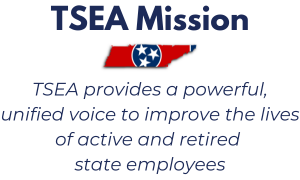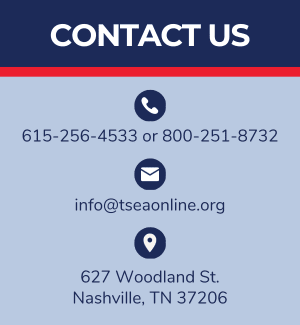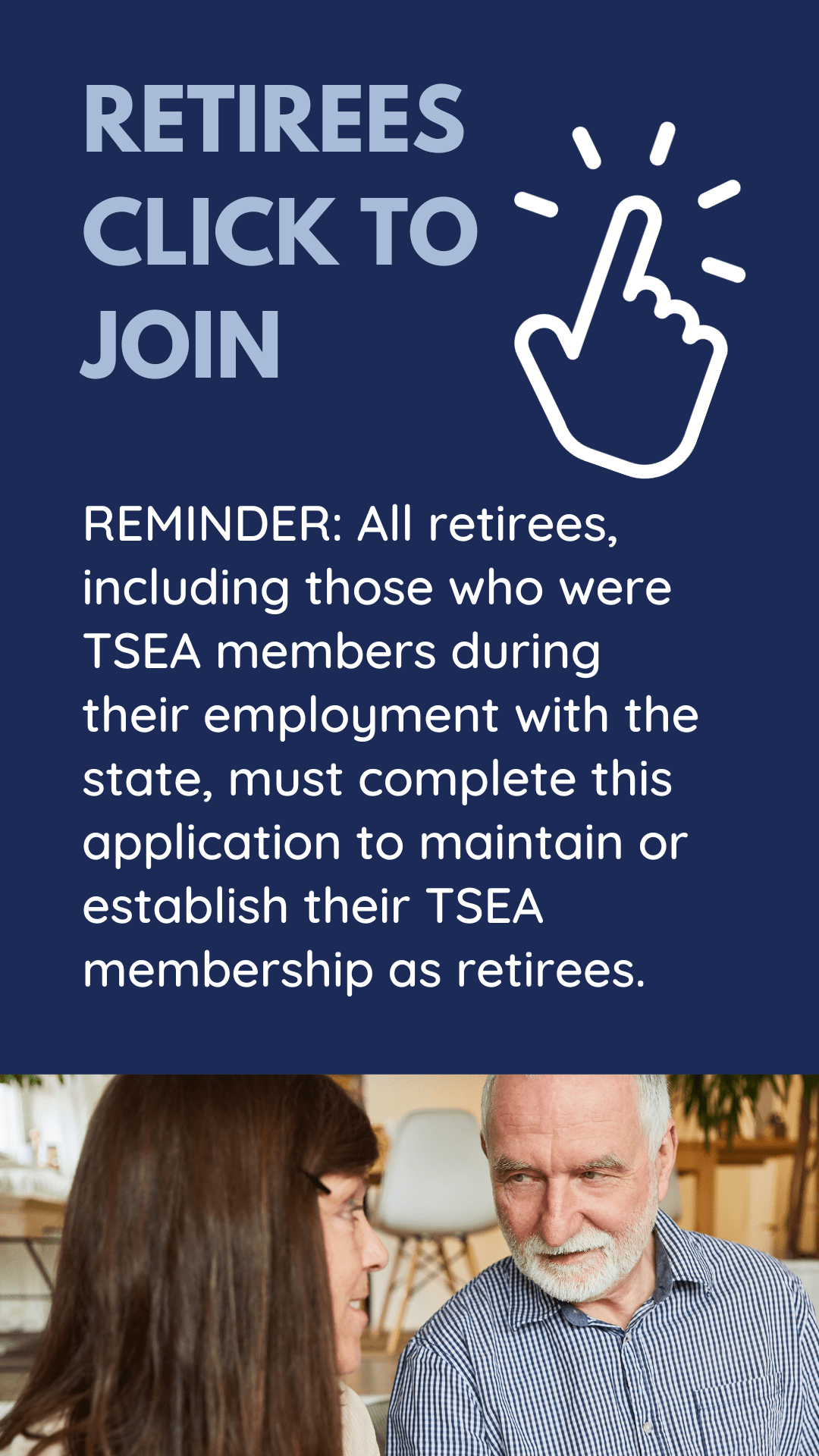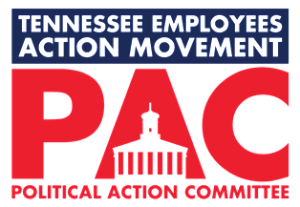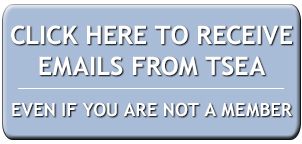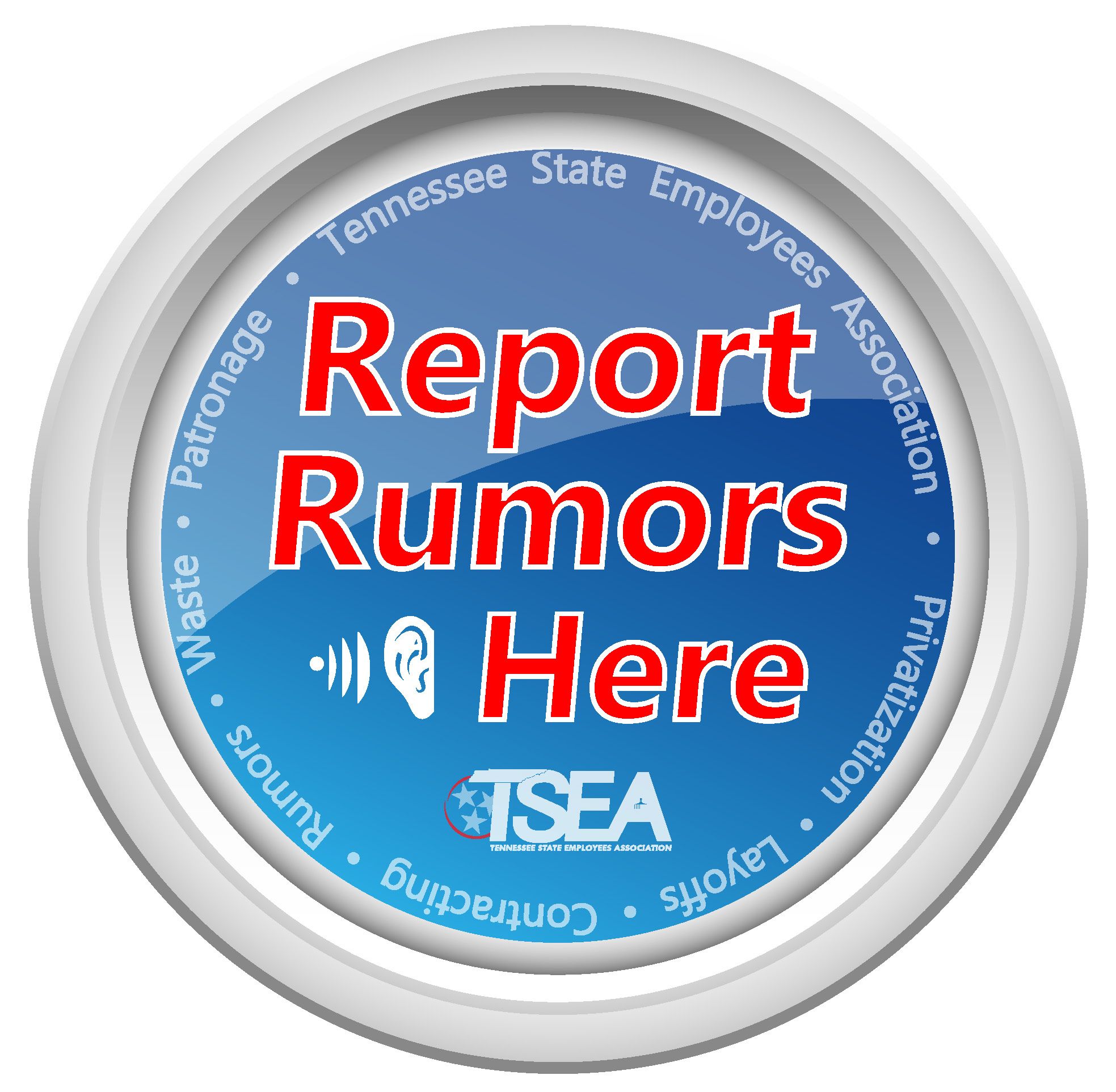It’s that time of the year again when numerous citizens throughout Tennessee become active in state and national politics and state employees are no exception. While individual citizens may have few rules which govern their activities, state employees are bound by numerous regulations which, if violated, may have serious consequences. This article will hopefully provide some guidance to state workers which will allow them to campaign actively for their chosen candidates, but do so within the confines of state policies.
The cornerstone for political activity by state employees is the Little Hatch Act which is derived from the Hatch Act which applies to federal workers. The Little Hatch Act applies to state employees working in the executive branch – in other words, employees in state agencies such as Children’s Services, Corrections, Transportation, etc. Much of the prohibited conduct could be classified as commonsense measures, for example, no intimidation of public officers or employees regarding an election; no promises of state benefits such as employment, contracts, work, or loans as a reward for voting for a certain candidate or issue; and no receiving or paying any kind of assessment/money for political purposes or for election expenses.
The following are some other prohibitions under the Little Hatch Act which state employees should keep in mind during this election season. The Act prohibits displaying campaign literature, banners, placards, streamers, stickers, signs, or other items of campaign or political advertising on the premises of state property. This means a state employee may not place campaign signs in their office or post a sign on their cubicle. This prohibition also applies to placing campaign signage on state vehicles even if the employee is assigned a state vehicle for use in their job. There is an exception, however, to this law. Employees may display a decal or bumper sticker on their personal vehicle while parked on state property; TIP: Don’t put campaign flyers on your cubicle, but a bumper sticker on your own vehicle is okay. A political bumper sticker on a state truck you drive home is not allowed.
Second, state employees may not use state-owned property for campaign advertising or activities such as placing a yard sign on state property or posting campaign literature in the building or on state property. TIP: Don’t post campaign flyers on the break room bulletin board or place a poster in your office window.
Third, employees may not use state-owned buildings for meetings related to political activity or the preparation of campaign materials. An exception to this law allows employees to engage in campaign activity if equal access to the facility is provided for opposing sides. TIP: Best practice is to hold political meetings or campaign material work session off-site from the state-owned building.
Fourth, state employees may not engage in political activity not directly a part of a person’s employment during any period when the person should be conducting the business of the state. State employees who are in an Alternative Work Site status should be especially vigilant about not engaging in political activity while working AWS from home or a remote location. TIP: Don’t post campaign articles on social media during work hours. Also, don’t send campaign articles, emails, or texts from your state-issued computer or phone.
A final word about political campaigning by state employees is that employees and contractors may discuss upcoming elections, candidates, and issues without violating the Little Hatch Act. Once the conversation starts to involve coercion, bribes, or threats to vote a certain way, however, the Act has been violated. Employees are highly encouraged to immediately report such behavior to their supervisor, agency HR office, or their commissioner’s office as they deem appropriate.
If you have questions about a specific situation that may involve the Little Hatch Act, please contact the TSEA Legal Services office at (615) 256-4533.






